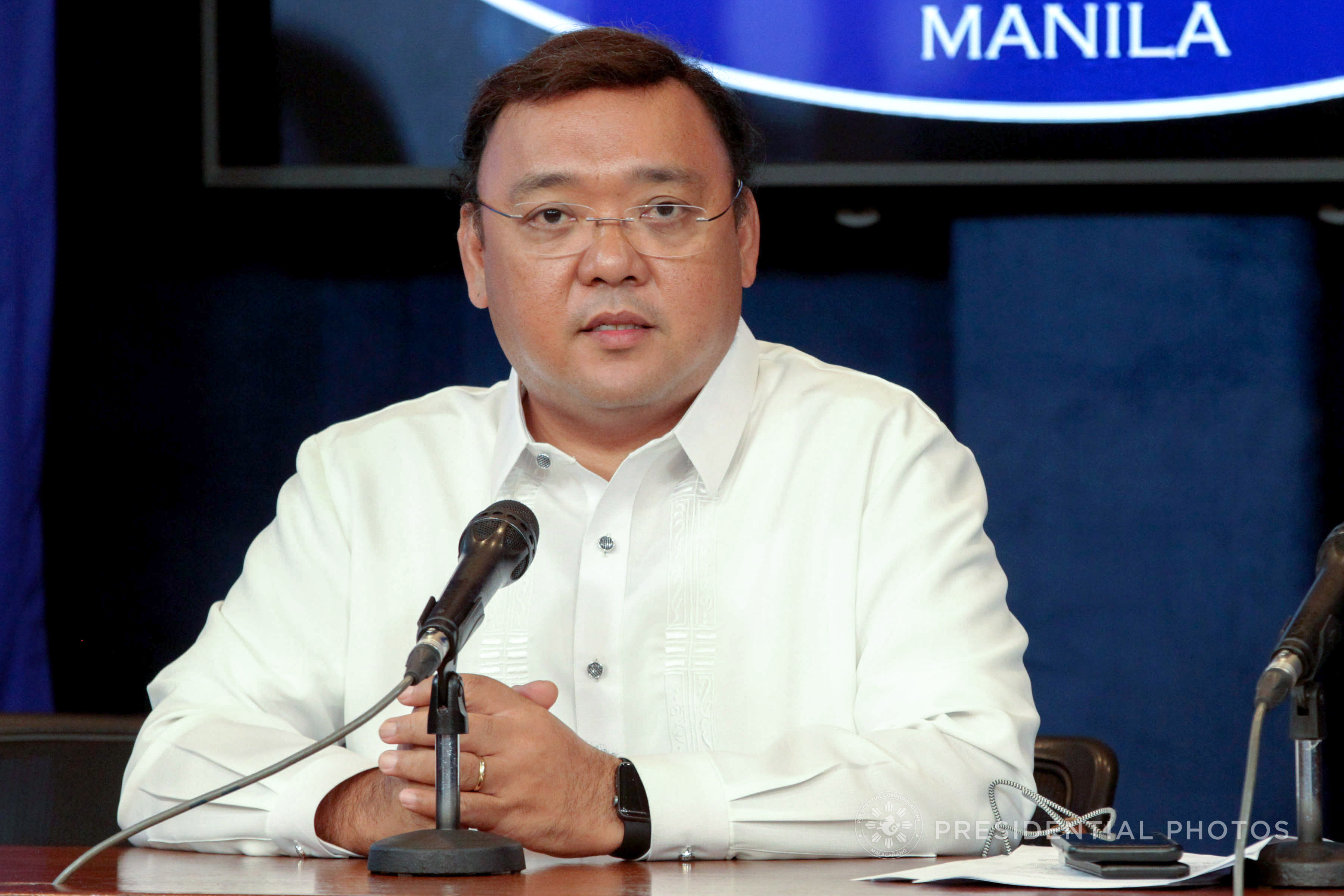Palace: PNP subpoena powers ‘reserved for extreme circumstances’

Presidential Spokesperson Atty. Harry Roque. YANCY LIM/PRESIDENTIAL PHOTO
Recognizing that the new law granting the police subpoena powers may be abused, Malacañang said on Monday that such powers would only be reserved for “extreme circumstances.”
President Rodrigo Duterte on Friday signed Republic Act No. 10973 granting the chief of the Philippine National Police (PNP), as well as the director and the deputy director of the Criminal Investigation and Detection Group (CIDG) subpoena powers.
“I suppose because of the fact there are limited signatories to the subpoenas that it would be reserved to the extreme circumstance for individuals who absolutely refuse to cooperate in an ongoing police investigation,” Presidential Spokesperson Harry Roque said in a press briefing.
“The fact that only three people can sign it only means that it would not be resorted [to] as often that people might expect. So it bolsters the power of the police to conduct investigations properly but it would not be a common thing,” he added.
The new law was met with criticism from the public, fearing that it could be abused by the police.
Article continues after this advertisementNew York-based Human Rights Watch said that the subpoena power and the government’s bloody campaign against illegal drugs is a “recipe for disaster.”
Article continues after this advertisement“At a time when the PNP has been committing widespread rights violations without accountability in the ‘war on drugs,’ granting the police further powers to act without judicial authorization is a recipe for disaster,” HRW Philippines researcher Carlos Conde said in a statement.
“The government should be finding ways to restrain a police force that has been out of control, not giving them a green light for further abuses,” he added.
READ: Duterte signs law giving PNP power to issue subpoena
Roque said that the “possibility of abuse” would be minimized because the subpoena could only be issued by three PNP officials. And if the individual summoned would not cooperate, the spokesperson said, the PNP could only ask a court to cite him or her for indirect contempt.
“It has to go up to the chain of command if you want to subpoena so you would have to make a request so I’m sure the police will reserve the exercise of the subpoena powers when there’s really an absolute willingness to cooperate in the ongoing investigation,” he explained. /je